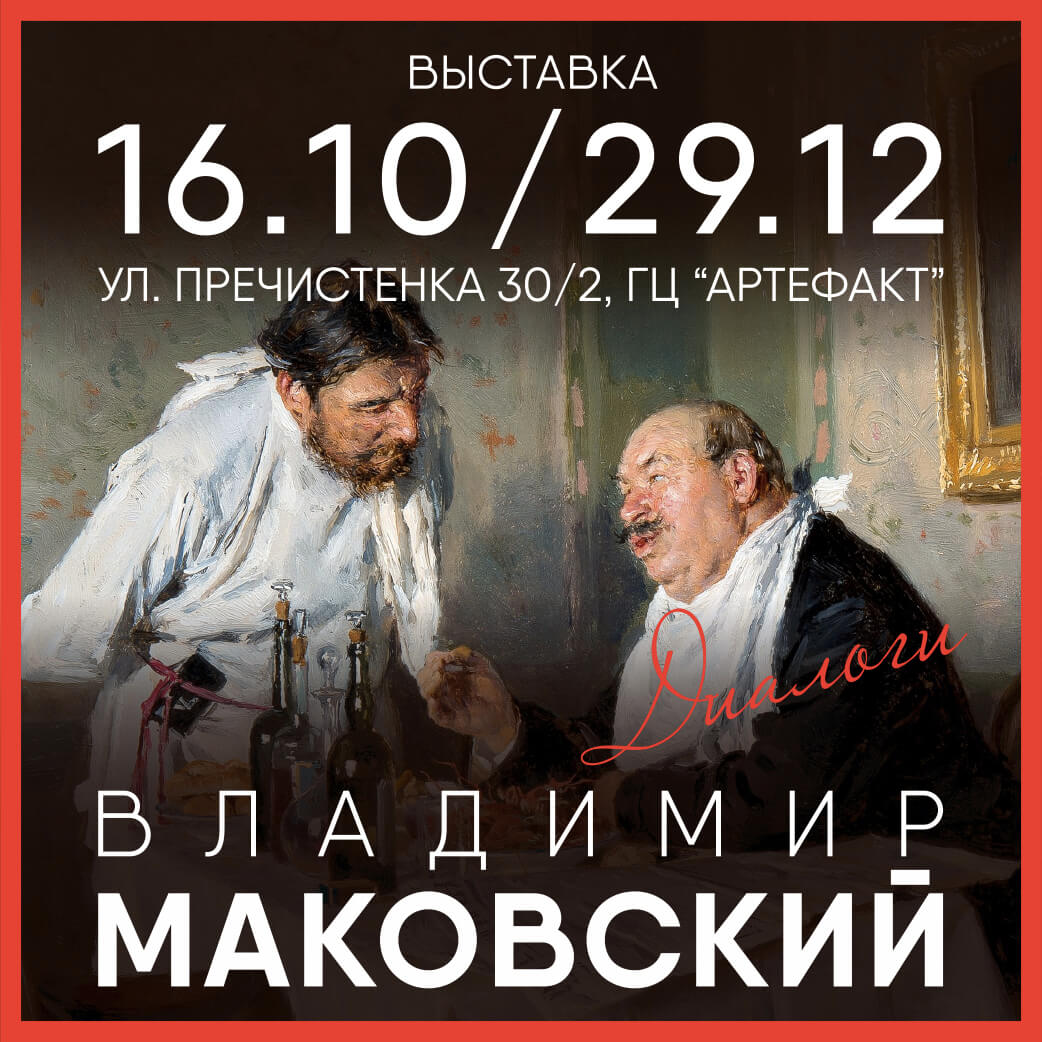From the Lviv gallery of art stolen about hundreds of ancient books and manuscripts
As stated by the new Director of the gallery, the theft could have happened years. The value of the stolen publications, including a copy of the "Apostle" of Ivan Fedorov, on the black market reaches tens of millions of dollars
Lviv national art gallery is the largest art Museum of Ukraine, with 62 thousand exhibits. The General Director of the Museum of Taras Wozniak, who took office in 2016, at the end of October initiated a check of the funds, the results of which were stunning. According to rough estimates, the funds were missing 95 most valuable old publications and two manuscripts of the XVI–XVII centuries. The loss was discovered on 3 January. The next day, the Director of the gallery wrote an appeal to the General Directorate of National police in the Lviv region with a request to investigate the circumstances surrounding the disappearance of Museum exhibits.
press-конференции held at the Museum on January 5, become aware of the following details of the case. It is only those publications that were recorded in inventory books. "This is basically a pretty rare Cyrillic printed books, which are prized on the collectors market. I know that there were two “Apostle” of Ivan Fedorov. The one I saw in the reconciliation, and the second my hands and don't hit", — quoted historian-книговеда Faith Fris portal Segodnia.
According to gallery Director Taras Voznyak, because the inventory book was not bound, then any page from it could withdraw or falsify — like what-то names was not. Yet to see if there were any disappearances from the collections of books in German, Polish and other languages.
the Former Director of the Lviv art gallery Larisa Woznicka-Разинкова, who held the position from 2012 to 2016, claims that neither she nor her father (Boris Wozniak was Director of the Museum nearly half a century; in 2013, the gallery was named after him) about the theft nothing was known. Woznicka-Разинкова demanded re-checking of funds.
Now all the staff out of work. The fact of the theft and notified to the Ministry of culture and the security Service of Ukraine. The investigation is underway.
According to the Director of the Center for monument studies, NAS of Ukraine and the Ukrainian society of protection of monuments of history and culture Elena Titova, missing publications may emerge at auction. "Yes, memo can take abroad. Especially when you consider that with the Russian Federation we have all the open border. And that means that thieves have no particular problems crossing the border. I also do not exclude the possibility of export of our cultural values in Western countries. Unfortunately, it is also possible," — quoted Titova website politeka.net.
Sources: segodnya.ua, ukraina.ru, ru.golos.ua, ukranews.com, politeka.net, artinvestment.ru
From the editor. And again black market, worse than that only the auctions in Russia.
can Not hold on to make out a few dubious claims, the meaning of which is not the content, and the scoring of hackneyed cliches, to be witty. The first of them that the price of the stolen books on a black market tens of millions of dollars. In this sentence there are two incorrect (or rather, ridiculous) claims that in-первых, the black market is, and in-вторых, it prices certainly higher than in the white (legal) market. Then suddenly, especially if we are talking about serious money (I do not know how to Lvov colleagues, and for us here inRussia, and the $20,000 already serious money)? Serious money requires serious attitude to the transaction, where everything is important: the origin of the CC (cultural values, the books in this case), and confidence in its authenticity and safety. If the book is stolen from a Museum, then at least they will be erased or Museum stamps (completely and this cannot be done) or removed the page with them (and this is a safety and questions to the origin). And sell the book collector is almost impossible. Because, had he (or his family) for some-то reasons to sell a book in the future, at best they will face the same difficulties and expensive not to sell. And in the worst case, if the sale will find that the book is stolen, and even lose money.
Now, about the danger that the stolen books will emerge at the Moscow auctions. If this happens, something about the best outcome and to dream of our Lviv colleagues would not have. Them all-то need that to view auction catalogues and to detect missing books. Then contact the organizers and ask them to return books. All. What's the danger? We emphasize again that open auction — is the protection from fraud, not that-то more.
And the last — border. Don't know what the experience of Lviv colleagues in this field, and our suggests that Ukrainian border and in the quiet days were extremely unpleasant place for carriage of KC. What-что, and that the Ukrainian customs officers tracked very zealously. Now, in connection with certain events, I think, only became tougher. Maybe this refers to the boundary in the hot spot of Donetsk and Lugansk? I don't know... Maybe this is the place for the Lviv Museum is transparent and comfortable and I would go through such a boundary and the light did not dare to move, and even books from the Museum even more.
Permanent link to:
https://artinvestment.ru/en/news/artnews/20170111_lvov.html
https://artinvestment.ru/news/artnews/20170111_lvov.html
© artinvestment.ru, 2024
Attention! All materials of the site and database of auction results ARTinvestment.RU, including illustrated reference information about the works sold at auctions, are intended for use exclusively for informational, scientific, educational and cultural purposes in accordance with Art. 1274 of the Civil Code. Use for commercial purposes or in violation of the rules established by the Civil Code of the Russian Federation is not allowed. ARTinvestment.RU is not responsible for the content of materials submitted by third parties. In case of violation of the rights of third parties, the site administration reserves the right to remove them from the site and from the database on the basis of an application from an authorized body.


